1. Plant-Based Milk Instead of Cow’s Milk
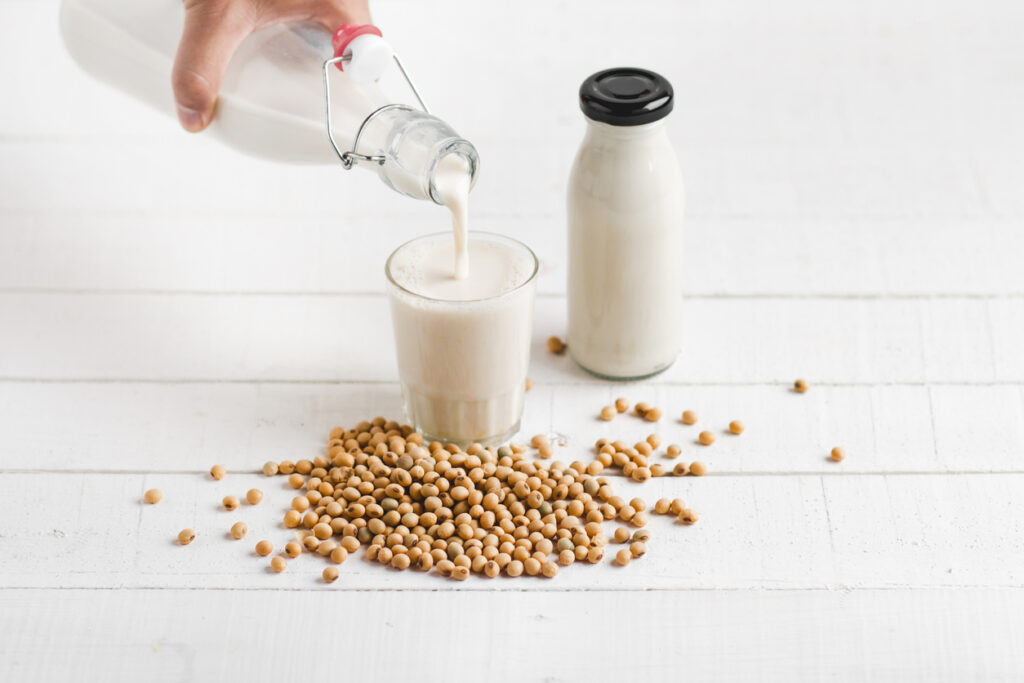
One of the easiest and most impactful swaps for both your health and the environment is switching from traditional cow’s milk to a plant-based alternative. Whether you prefer almond, oat, soy, or coconut milk, these options are often lower in calories, saturated fat, and cholesterol. They’re also rich in key nutrients like calcium, vitamin D, and B12 (often fortified), which support bone health and energy. Dairy production is a major contributor to greenhouse gas emissions and requires significant water and land use. Plant-based milks use fewer resources and create a much smaller carbon footprint. Oat milk, in particular, ranks among the most eco-friendly diet choices. One cup at a time, this is a healthy food swap that supports both wellness and sustainable eating. Source: webmd.com
2. Whole Grains Instead of Refined Grains
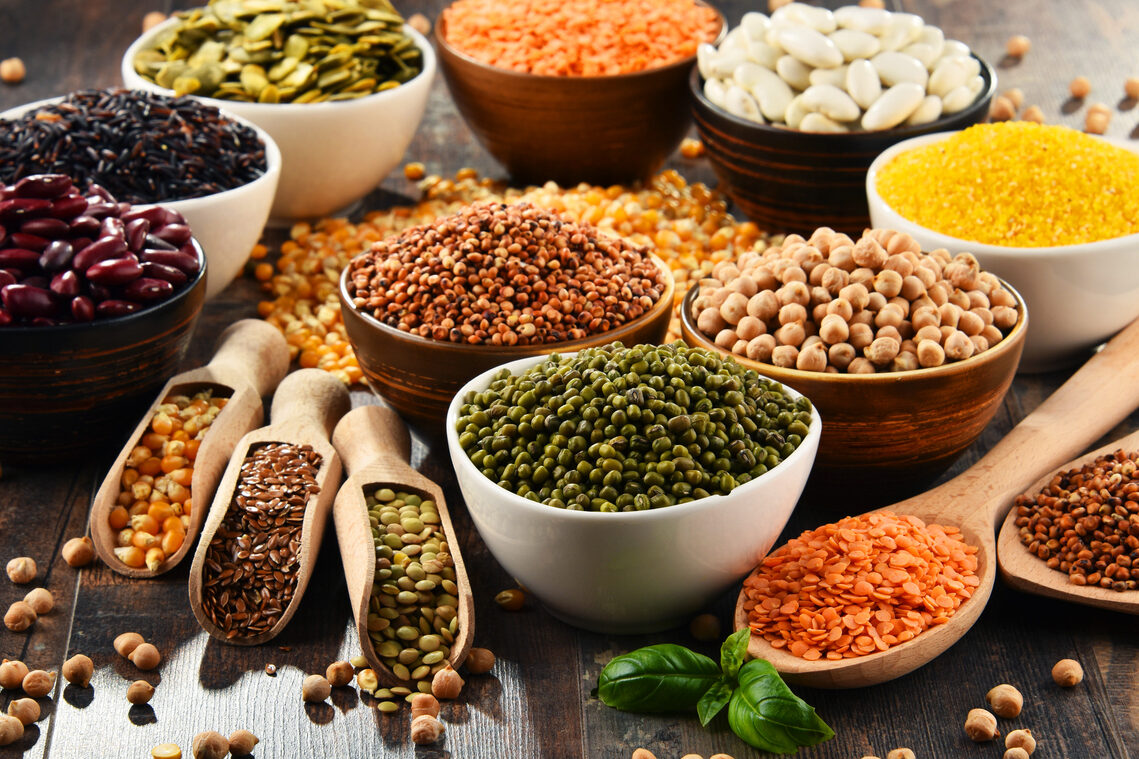
When it comes to grains, choosing whole over refined is one of the smartest healthy food swaps you can make. Whole grains like quinoa, brown rice, and whole wheat pasta are packed with fiber, B vitamins, and essential minerals that refined grains such as white rice and white breads lose during processing. Fiber not only supports gut health but also helps you feel full longer, aiding in weight management and stabilizing blood sugar levels. Whole grains are often grown with fewer chemical inputs, require less processing, and can be part of regenerative agriculture practices that nourish the soil. By choosing whole over refined, you’re supporting both your digestive system and a healthier planet. Source: mayoclinic.org
3. Plant-Based Protein Instead of Animal Protein
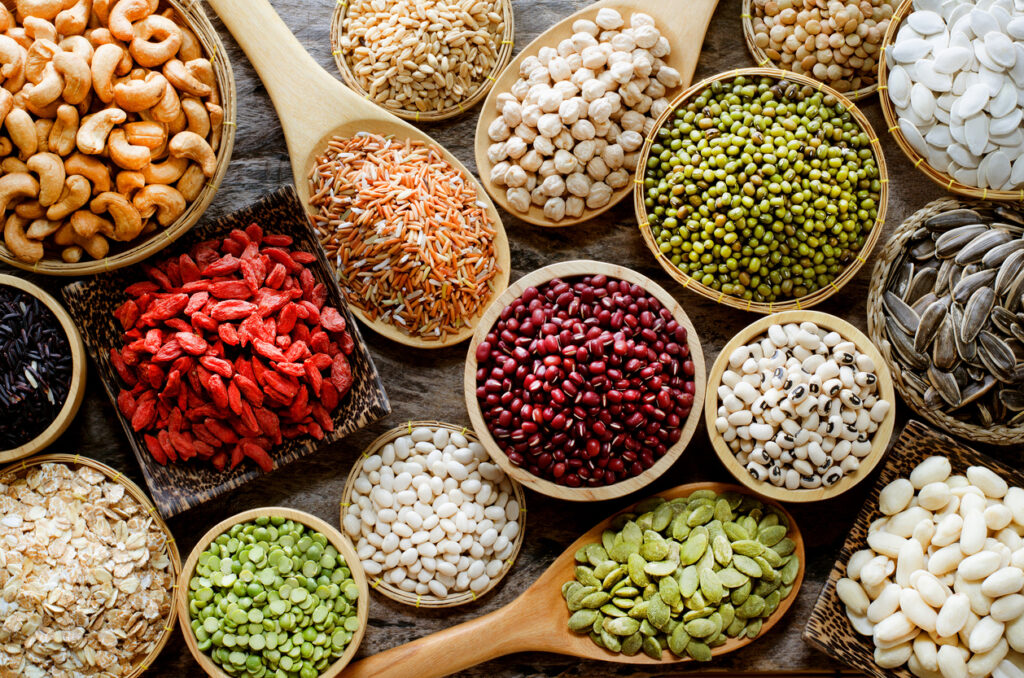
Swapping animal-based proteins for plant-based sources like beans, lentils, tofu, and tempeh is one of the most powerful changes you can make for your health and the environment. Plant proteins are also generally lower in saturated fat and calories, and they offer a wealth of fibersomething animal products completely lack. Fiber supports digestion, heart health, and weight control, while plant foods also deliver antioxidants and anti-inflammatory compounds that help reduce the risk of chronic illnesses like heart disease, diabetes, and certain cancers. Environmentally, the impact is just as big. Choosing plant proteins is a clear win for your body. Source: healthline.com
4. Avocado Instead of Butter
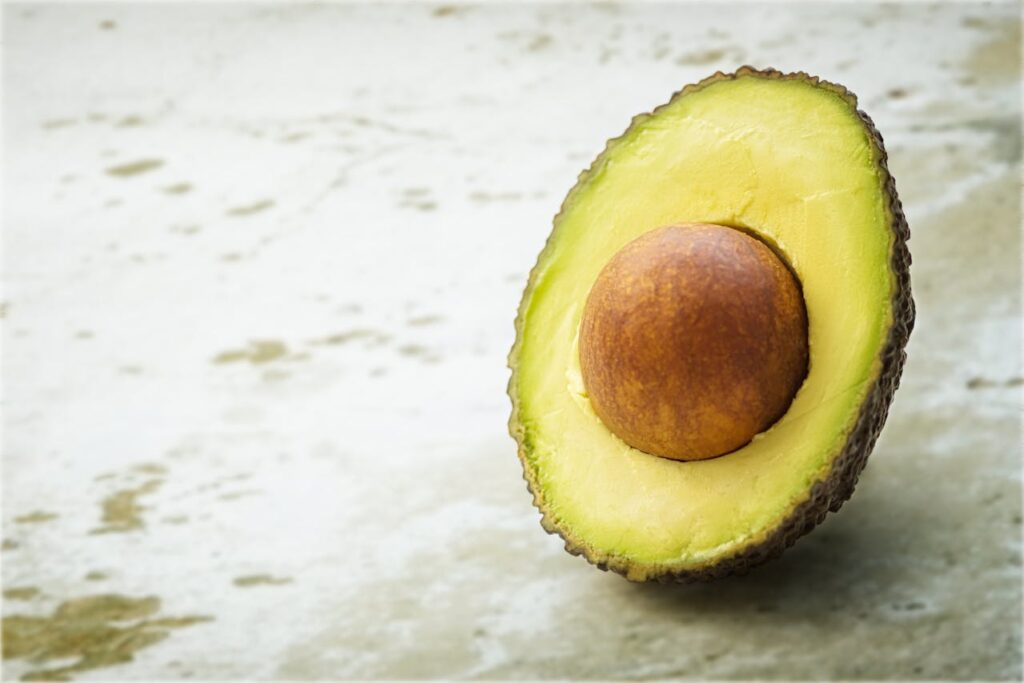
Avocados are packed with monounsaturated fats, the good kind that help lower LDL (bad) cholesterol and support cardiovascular health. They’re also loaded with potassium, fiber, and antioxidant-rich vitamins like E and C, which contribute to glowing skin, immune strength, and overall vitality. Use avocado as a toast topper, mix it into salads, or blend it into creamy dressings and dips. From an environmental standpoint, avocados carry a significantly lighter footprint than butter, which relies heavily on dairy farming. This is one of the most satisfying healthy food swaps that supports both sustainable eating and an eco-friendly diets without skimping on flavor. Source: medicalnewstoday.com
5. Nut Butters Instead of Peanut Butter
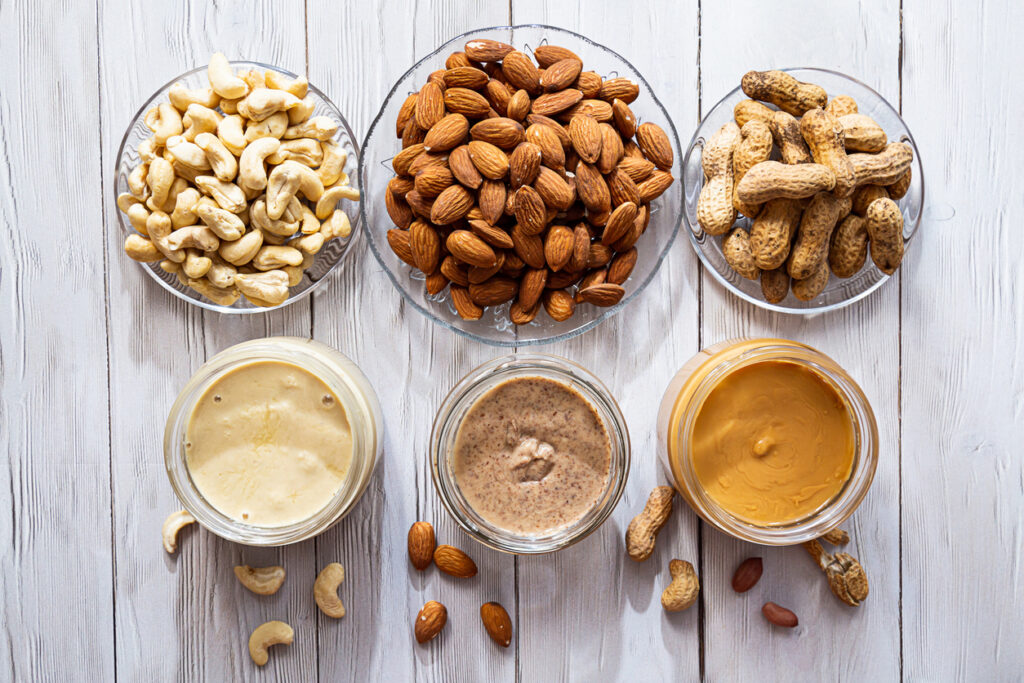
Traditional peanut butter often contains added sugars, hydrogenated oils, and unnecessary fillers. Swapping to almond, cashew, or sunflower butter offers more healthy fats, fewer additives, and added nutritional perks. Almond butter, for example, is loaded with vitamin E, magnesium, and monounsaturated fats that help reduce inflammation and support heart health. While almonds are water-intensive, they generally have a smaller pesticide footprint compared to peanuts, which are often grown in high-chemical environments. The key? Choose organic and sustainably sourced nut butters to reduce your overall impact. Source: health.com
6. Olive Oil Instead of Vegetable Oil

Olive oil is rich in antioxidants especially inflammation-fighting polyphenols, and is an excellent source of heart-healthy monounsaturated fats. Regular consumption has been linked to reduced risk of chronic illnesses like type 2 diabetes, cardiovascular disease, cancer, and even Alzheimer’s. It’s a flavorful upgrade that brings real wellness benefits to your meals. On the environmental side, olive oil tends to have a much smaller footprint than many vegetable oils, which are often derived from heavily processed crops like soybeans or palm. According to Oliviers & Co., olive oil sourced from organic or small-scale producers is a far more sustainable eating option. It’s a delicious way to support an eco-friendly diet.
7. Plant-Based Yogurt Instead of Dairy Yogurt
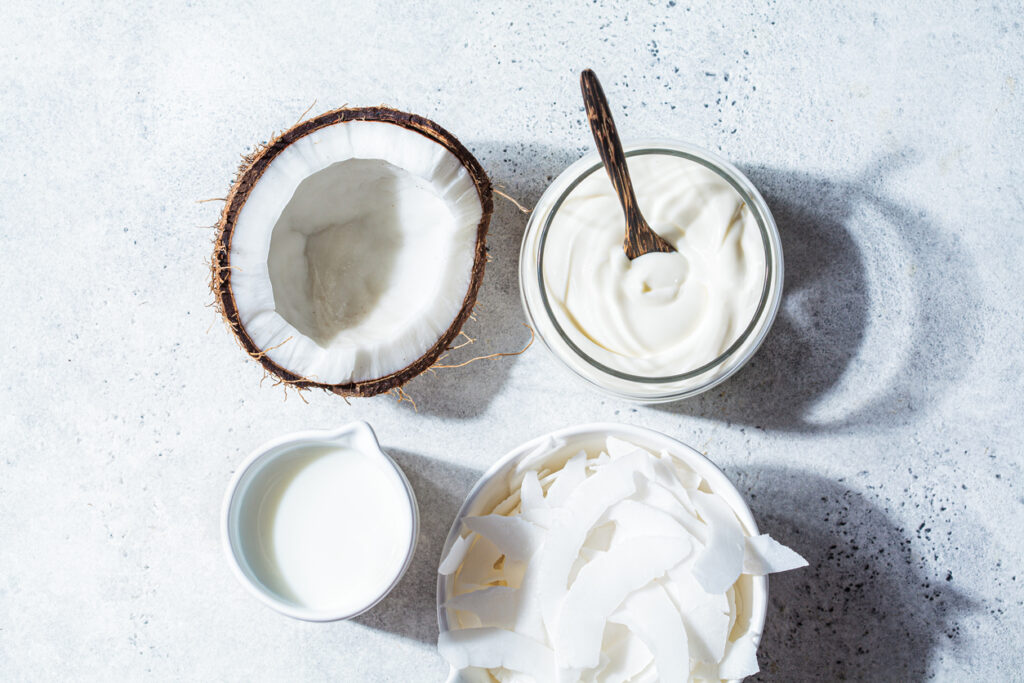
Plant-based yogurts are typically lower in saturated fat and cholesterol while offering more fiber and fewer artificial additives. Many are fortified with probiotics, which help maintain a healthy gut microbiome and support digestive health. From an environmental perspective, the swap is just as powerful. Plant-based yogurts require fewer natural resources and produce a smaller carbon footprint. Choosing options made from sustainably sourced nuts or coconut can enhance the benefits even further. It’s a creamy, delicious way to commit to a more eco-friendly diet and embrace sustainable eating.
8. Mushrooms Instead of Meat
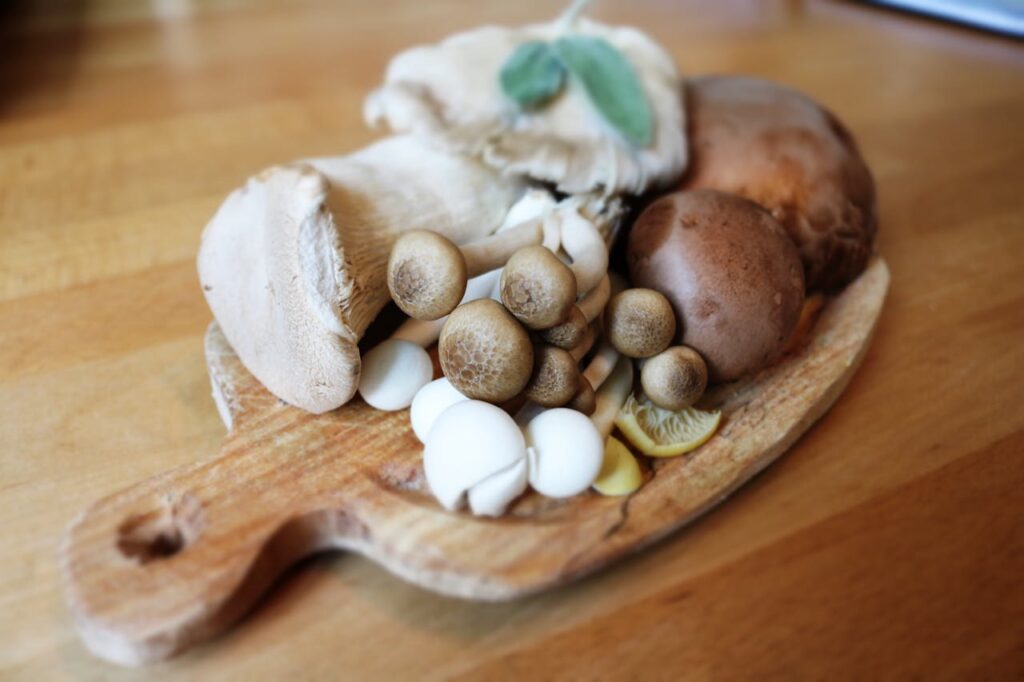
Mushrooms are a fantastic, nutrient-rich substitute in everything from burgers to stir-fries. Portobello mushrooms, in particular, offer a hearty, umami-rich flavor that satisfies like beef without the saturated fat or cholesterol. Packed with B vitamins, potassium, and antioxidants, mushrooms help reduce inflammation, support immune health, and keep calories in check. They’re also one of the few plant-based foods that naturally contain vitamin D. Beyond health, mushrooms are a champion of sustainable eating. Swapping meat for mushrooms, even once or twice a week, is a powerful move toward a more eco-friendly diet that’s better for your body and the planet.
9. Seaweed Instead of Salt

Seaweed varieties like nori, dulse, and kelp offer a natural umami punch along with essential minerals such as iodine, calcium, and magnesium. This healthy food swap helps reduce blood pressure and the risk of heart disease while still making your meals delicious. And when it comes to sustainability, seaweed is in a league of its own. It doesn’t require land, fresh water, or fertilizers to grow, and actually helps clean the ocean by absorbing excess carbon dioxide. By using it in place of salt, you’re not only nourishing your body but also supporting sustainable eating and contributing to ocean health.
10. Water Instead of Sugary Drinks

Hydration is essential for nearly every bodily function, supporting digestion, regulating temperature, flushing out toxins, and keeping your skin healthy and radiant. Cutting sugary drinks also helps reduce your risk of obesity, type 2 diabetes, and heart disease, all linked to excessive added sugar. You can also try infusing water with lemon, cucumber, or berries for a refreshing twist. Environmentally, water is by far the better choice. By choosing filtered tap water or carrying a reusable bottle, you support sustainable eating habits and reduce your contribution to plastic waste.
11. Cauliflower Instead of White Potatoes
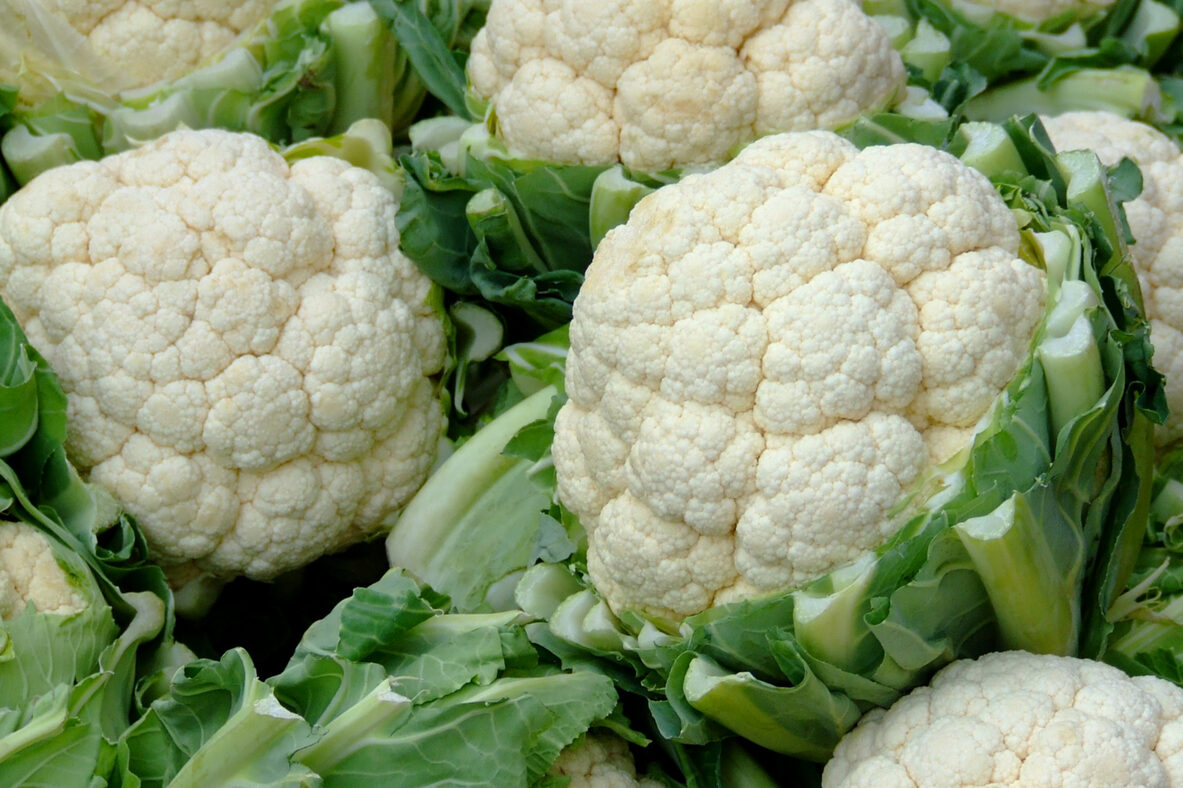
Cauliflower is an excellent low-carb alternative to white potatoes in many dishes, from mashed “potatoes” to pizza crusts. It’s high in fiber, vitamins, and antioxidants, which help support your immune system and reduce inflammation. Cauliflower is also a great source of vitamin C, which boosts collagen production and supports healthy skin. By swapping white potatoes for cauliflower, you’re cutting down on your carbohydrate intake and adding more vegetables to your diet. Plus, it’s incredibly versatile and can be used in a variety of dishes, making it an easy swap for a healthier and more sustainable diet.
12. Apples Instead of Processed Snacks
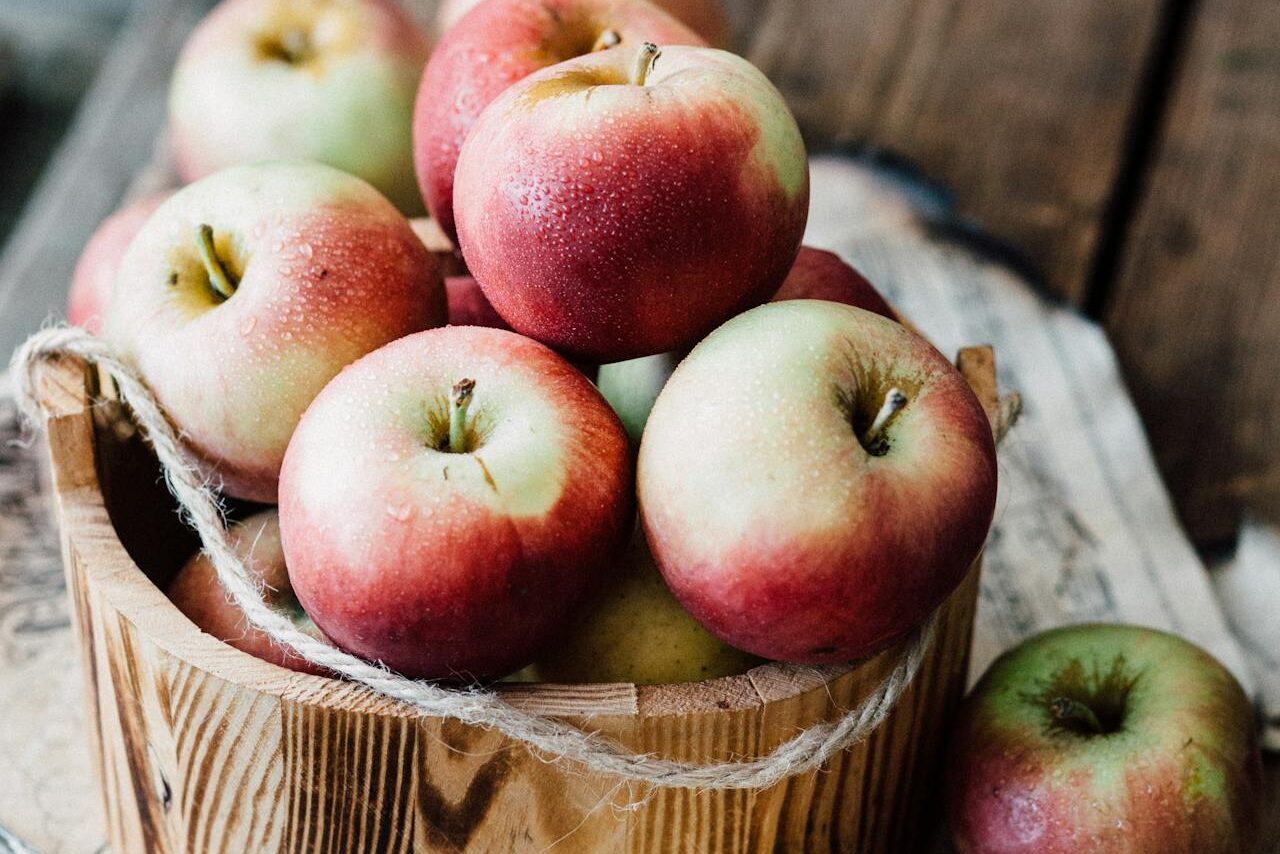
Apples are rich in fiber, antioxidants, and vitamin C, which help regulate blood sugar, support digestion, and protect against oxidative stress. They’re also filling, making them a great option for curbing cravings without the need for empty-calorie snacks. Apples are grown seasonally, and many varieties can be found locally, reducing the environmental impact of transportation. By choosing apples over processed snacks, you’re benefiting your health while supporting local agriculture and reducing the waste associated with pre-packaged foods.
13. Dark Chocolate Instead of Milk Chocolate

Dark chocolate contains higher levels of cocoa, which is packed with antioxidants that help protect your heart and reduce inflammation. It’s also lower in sugar and can help satisfy your sweet tooth in a healthier way. Studies have shown that dark chocolate may even improve brain function and lower blood pressure when consumed in moderation. From an environmental standpoint, dark chocolate is typically a more sustainable choice than milk chocolate. By choosing high-quality dark chocolate, you’re indulging in a healthier treat while supporting ethical production practices.
14. Coconut Oil Instead of Vegetable Oil
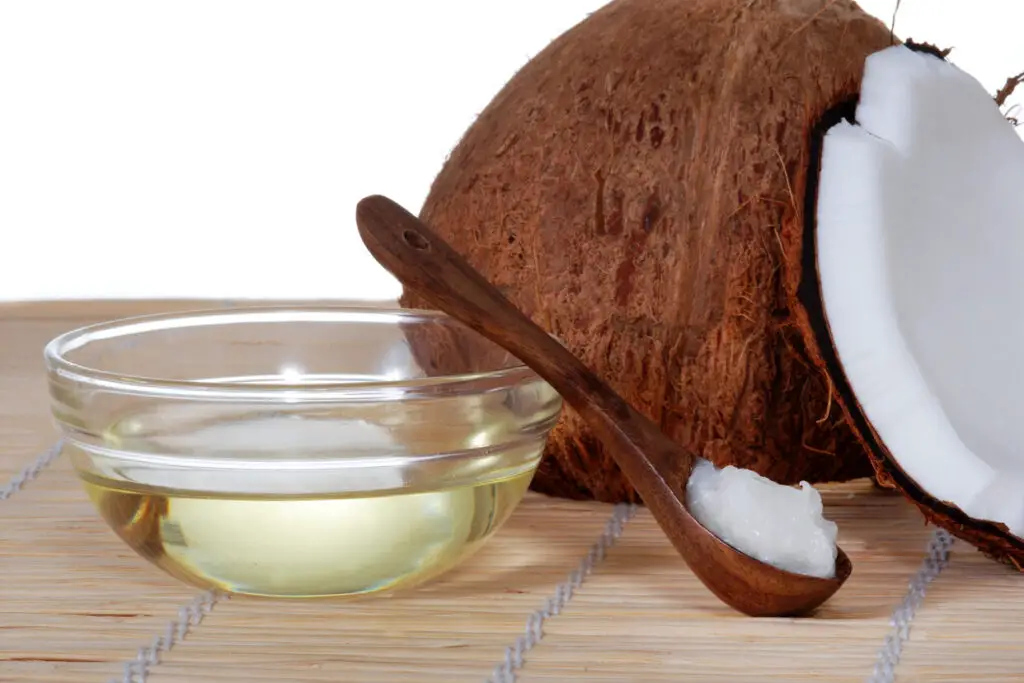
Coconut oil is a great substitute for vegetable oil, particularly in cooking and baking. It’s rich in medium-chain triglycerides (MCTs), which are known to boost metabolism and support brain function. Unlike many vegetable oils, which are high in omega-6 fatty acids, coconut oil contains a higher proportion of healthy saturated fats that can improve cholesterol levels and support heart health. When sourced responsibly, coconut oil can be produced with minimal environmental impact, especially when grown in organic, small-scale farms. By choosing coconut oil over vegetable oil, you’re not only benefiting your health but also supporting more sustainable farming practices.
15. Legumes Instead of Processed Meats
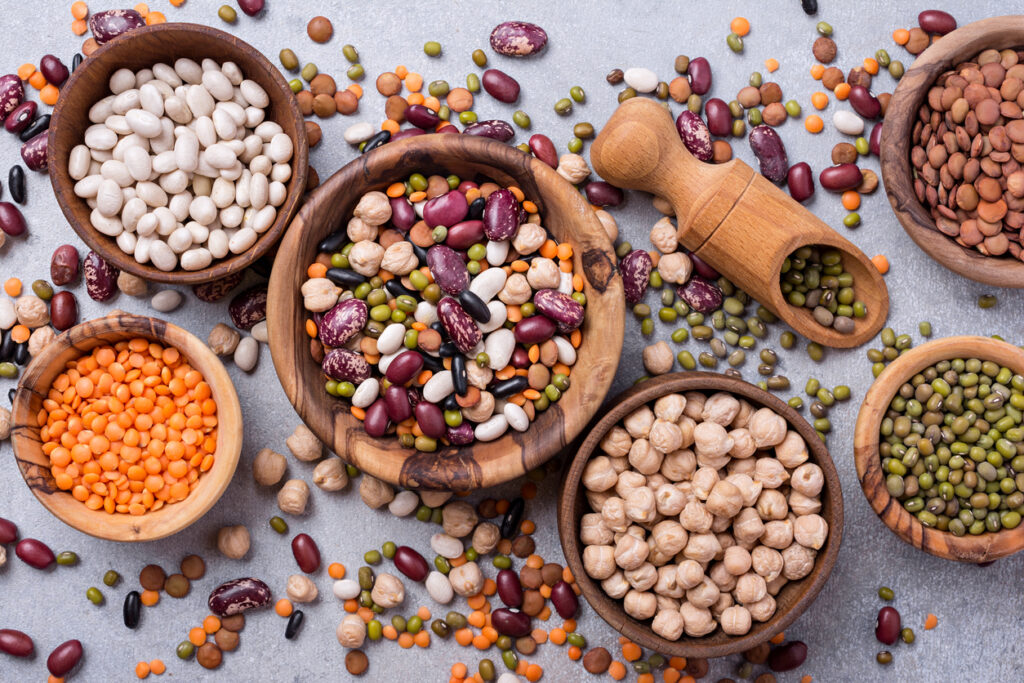
Legumes like chickpeas, lentils, and beans are excellent replacements for processed meats like sausages, bacon, and deli meats. They’re rich in protein, fiber, and essential nutrients like iron and folate. Legumes are also much lower in fat and sodium compared to processed meats, which can contribute to high blood pressure, heart disease, and other chronic health issues. By incorporating more legumes into your diet, you can lower your risk of these conditions while supporting overall health. From an environmental perspective, legumes have a much smaller carbon footprint compared to processed meats.


